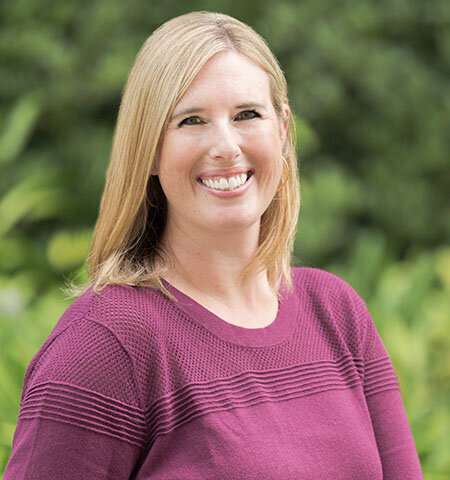
Researchers at University of California San Diego School of Medicine have launched a new mobile platform to address another serious complication of the novel coronavirus pandemic: stress and anxiety. Called “MyWellnessCheck,” the platform will seek to understand how the SARS-CoV-2 pandemic is affecting mental health on a global scale and identify how certain attitudes and behaviors may help increase positive well-being during a crisis.
“When facing something as new as this pandemic with so many unknowns, threats to a person’s overall mental health and wellness are undeniable,” said Raeanne Moore, Ph.D., associate professor in the Department of Psychiatry at UC San Diego School of Medicine. “It’s important that we provide tools that check in on people and identify when support is needed.”
The survey is anonymous and available worldwide in English, Dutch, Spanish and Mandarin. It was initiated by a multidisciplinary team of researchers using the UC San Diego’s collaborative science platform Earth2.0. The project is led by psychiatry researchers at UC San Diego Health and designers at Delft University of Technology in The Netherlands.
The effort begins with an anonymous survey focused on asking basic questions about health, such as sleep, exercise, optimism for the future and quality of personal relationships. In order to be involved in the study, respondents will need to provide contact information including an email and phone number, but any personal identifiers are kept separate from the data so researchers will not be able to associate any person with certain responses.
Using the answers, researchers will develop better measures of a person’s well-being and expand upon mental health interventions for the future. Answering the questions serves as a positive mental activity for the respondents as well.
“This is a unique global situation that challenges us to think about our fundamental goals in society,” said Derek Lomas, Ph.D., assistant professor of human-centered design at Delft. “If we are able to understand how this crisis is affecting our well-being over time, we will be better positioned, as a society, to respond to our collective needs.”
Researchers will also analyze a person’s living situation, population density of their city, demographics and geographical information to address how the context of a person’s environment may be affecting their overall well-being.
“By gathering this data on a global scale, we’ll create ‘heat maps’ and look at how people in the United States and throughout the world are dealing with stress and anxiety associated with the COVID-19 crisis,” said Moore.
These data are intended to not only help from a psychological perspective, but a biological one. Research shows loneliness, stress and anxiety are significant health risk factors, particularly among older persons.
“We’re hoping that the survey will increase personal awareness so that people can better identify when they may be at risk for poor outcomes and know when they need to reach out for help,” said Lomas. “In terms of intervention, we hope in the future to be able to provide support both immediately and over time.”
MyWellnessCheck is also available for organizations, such as companies or schools that wish to anonymously check-in with their staff or students.
“This can allow organizations to explore different avenues of support for their team, resulting in a measurable impact and better services for those in need,” said Moore.
The survey has thus far garnered more than 500 participants, with a global goal of 10,000 respondents. More information on the survey can be found at http://www.mywellnesscheck.org/.
Citation:
How are you doing? Researchers hope to measure well-being at global scale (2020, May 5)
retrieved 5 May 2020
from https://medicalxpress.com/news/2020-05-well-being-global-scale.html
This document is subject to copyright. Apart from any fair dealing for the purpose of private study or research, no
part may be reproduced without the written permission. The content is provided for information purposes only.